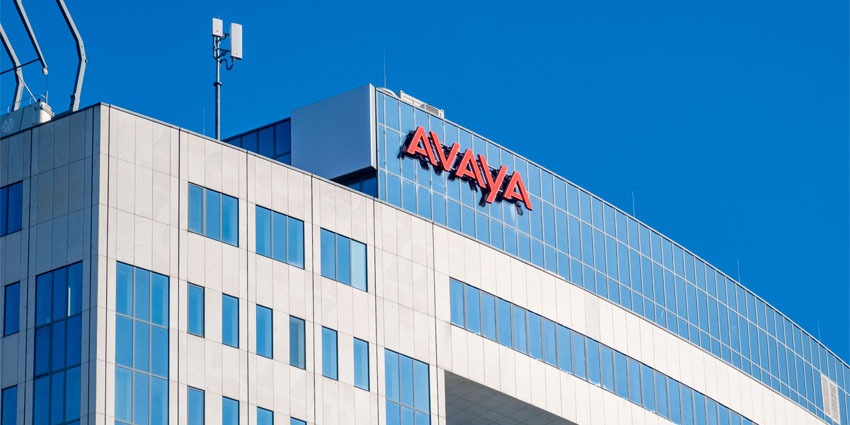When Zoom first became the face of pandemic-era video calls, few could have imagined how deeply it would embed itself in enterprise infrastructure. Five years on, the company is pivoting again, this time with further progress into data sovereignty and AI governance, with plans to open a UK data center in 2026.
The investment positions Zoom to serve one of Europe’s most regulated and dynamic digital markets, aligning its platform with the UK’s tightening compliance landscape and the growing demand for AI-ready collaboration tools.
Louise Newbury-Smith, Head of UK & Ireland at Zoom:
“Launching a UK data center is a significant milestone in Zoom’s journey to provide secure, compliant, and high-performance services for all of our customers. By investing in local infrastructure, we are ensuring that organizations across the UK, from financial services to government, can confidently embrace the future of AI-first collaboration.”
The Business (and AI) Case for Local Data Centers
For tech buyers, this move speaks directly to risk management and trust. With UK regulators tightening rules around data residency and AI transparency, CIOs and CISOs are under pressure to ensure that collaboration data remains within national borders, including sensitive video, chat, and AI insights.
By hosting services such as Meetings, Webinars, Rooms, Team Chat, Phone, Notes, Docs, and Zoom AI Companion locally, Zoom aims to reduce latency and compliance friction simultaneously. At launch, UK-only meeting zones and domestic telephony gateways will provide businesses with confidence that customer conversations and internal communications are safely managed under local jurisdiction.
This is not just an infrastructure story but about AI assurance, ensuring that productivity gains don’t come at the expense of regulatory exposure.
The UK: Strategic Growth Hub for Zoom and Beyond
Zoom’s decision also reflects a broader shift in how global tech companies approach regionalization. Following the 2024 opening of its London Experience Center, which has already hosted over 5,500 industry leaders, the new data center signals a maturing market strategy, one grounded in co-creation with UK enterprises and public sector institutions.
“Our customers and partners have been clear: local infrastructure, compliance, and greater choice over where their data is stored are critical to unlocking digital transformation in regulated industries,” added Steve Rafferty, Head of EMEA & APAC at Zoom.
In an era when AI adoption is accelerating across government, banking, and healthcare, local reassurance is not merely a competitive advantage but a prerequisite for innovation.
The EMEA Context: Regional Roots, Global Reach
The facility will join Zoom’s existing data centers in Germany, the Netherlands, and Saudi Arabia, extending its EMEA network and bolstering resilience across jurisdictions. This architecture supports what many CIOs now refer to as “intelligent hybrid infrastructure,” a distributed, localized, and responsive infrastructure that meets national compliance demands.
For IT leaders, it means one less trade-off between innovation velocity and risk control. For CFOs, it strengthens the ROI case for AI collaboration, where localized data management can mitigate potential regulatory fines and security costs.
Key Takeaways about Zoom’s AI Data Center
In the emerging AI economy, data is a statement of sovereignty. As businesses rush to adopt intelligent collaboration tools, the question isn’t just how fast they can deploy AI, but how safely.
Zoom’s UK data center underscores a broader truth that the future of work will belong to organizations that treat data governance as a growth enabler, not a constraint.
Zoom Revamps Partner Program to Scale Its Ecosystem
Zoom has redesigned its Zoom Up Partner Program to serve a scaling global ecosystem better.
According to Nick Tidd, Head of Global Channel GTM, “Our previous partner program served us well in the early stages, but it wasn’t built to scale with the diversity and growth of our global partner ecosystem.”
The updated program replaces a rigid checklist with a dynamic points-based framework, introduces distinct tracks for resale and agency partners, and integrates Zoom Services Certification with Sales Competencies. Partners gain flexibility, predictable annual assessments, and more explicit recognition of expertise, making it easier for customers to identify the right partner for their needs.







